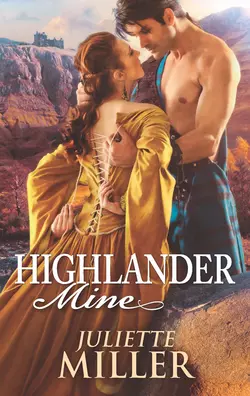Highlander Mine

Juliette Miller
Тип: электронная книга
Жанр: Современная зарубежная литература
Язык: на английском языке
Стоимость: 152.25 ₽
Издательство: HarperCollins
Дата публикации: 16.04.2024
Отзывы: Пока нет Добавить отзыв
О книге: Deep in the lush Highlands, a powerful laird with everything to lose must risk it all for the lass who storms into his keep—and his heart.Raised on the debauched margins of society, Amelia Taylor depends upon her quick wit and fiery spirit to survive. When danger closes in on her already precarious home, she flees into the Highlands and finds refuge in the iron-strong circle of Clan Mackenzie. There, her lack of propriety and intriguing beauty draw the attentions of their formidable leader. But to remain safe from pursuit, she must conceal her identity, even if it means deceiving Laird Knox Mackenzie.A fiercely guarded and staunchly moral warrior, Knox never expected a ravishing stranger like Amelia to reawaken his desires. Yet as their heated confrontations unlock untold passion, temptation proves impossible to resist. So when Amelia’s tapestry of lies begins to unravel, the secrets from her dark past threaten both his Clan and a future they can only dare to dream of….